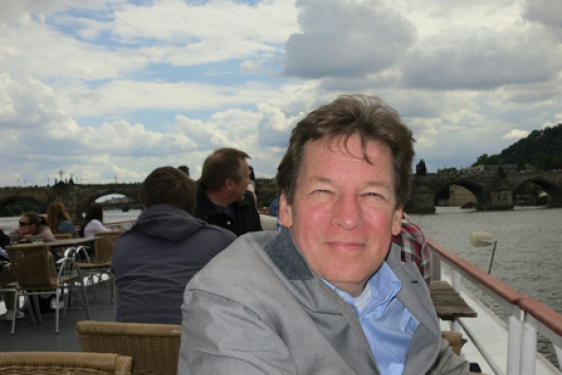William Tronzo
Professor of Teaching (SLSOE)
wtronzo@ucsd.edu
Biography
William Tronzo (Ph.D. Harvard) is an art historian who has, in recent years, co-directed a research project on the buildings, cities and landscapes of the Italian South in the later Middle Ages funded by the NEH, a three-year program of research, seminars and conferences on the medieval Mediterranean at the American Academy in Rome funded by the Getty Foundation, and been a member of the Collegio dei Docenti del Dottorato di Ricerca in the Dipartimento di Studi Umanistici at the Università degli Studi Roma Tre. The recipient of numerous fellowships and grants, he has held research appointments at the American Academy in Rome, Dumbarton Oaks Center for Byzantine Studies, the Institute for Advanced Study in Princeton, CASVA at the National Gallery of Art in Washington, the Bibliotheca Hertziana, the École des hautes études en sciences sociales, the Huntington, the Clark Art Institute and the Stanford Humanities Center. He has published extensively on the art and architecture of the Mediterranean world from Late Antiquity through the early Renaissance, as well as on problems of historiography and method. His monograph on the Cappella Palatina of Palermo advanced a radical interpretation of the edifice as the result of essentially two planning projects, with divergent aims, in the twelfth century. It signaled an interest in the hybrid culture of the Italian South, which has continued in studies of Neapolitan urbanism, the court of Frederick II and Arab and Norman Palermo. He is currently pursuing these interests with a focus on problems of intermediality, collecting and display. Another focus of his research is the historical landscape, as social network and mediator of images. He received the David R. Coffin award from the Foundation for Landscape Studies for his most recent book, Petrarch’s two gardens: landscape and the image of movement.
